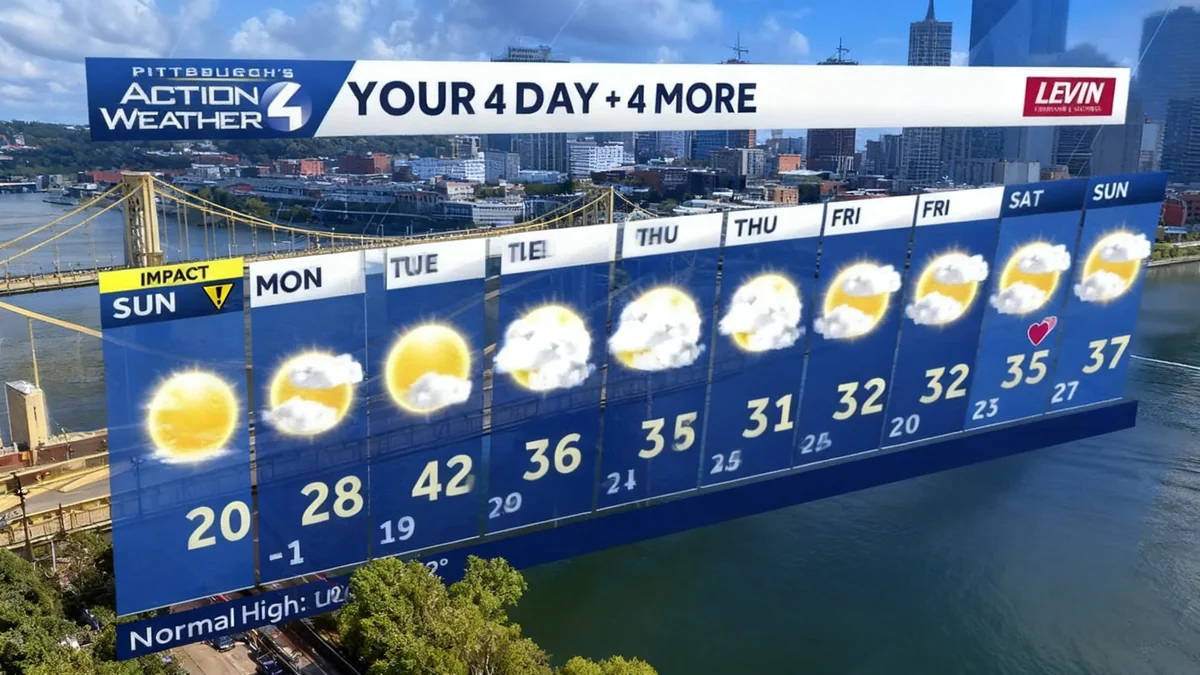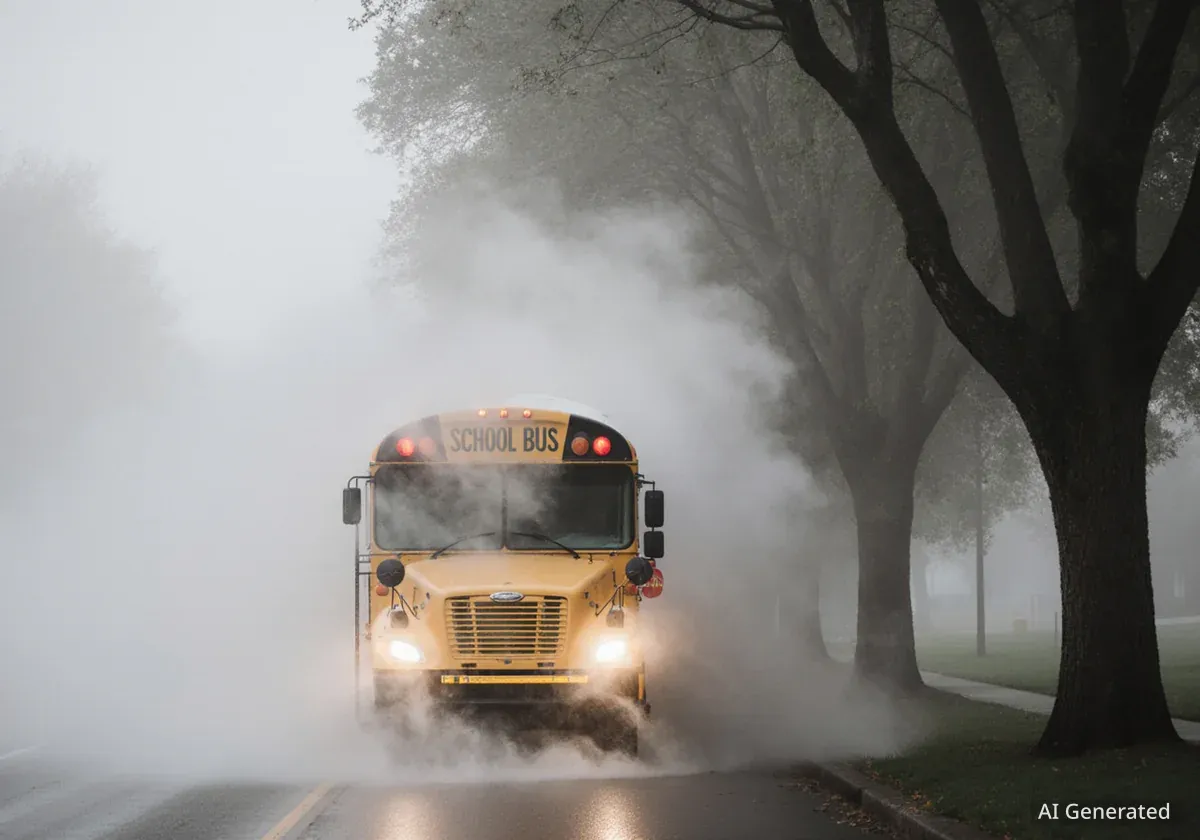Residents and farmers across Northwest Iowa are navigating the effects of a federal government shutdown, with Farm Service Agency (FSA) offices now reopening on a limited basis. This development comes as key state and federal political figures, including Senator Chuck Grassley and State Senator Randy Feenstra, address critical agricultural policies and future political ambitions, while local communities continue to push forward with infrastructure projects.
The partial reopening of FSA offices provides a narrow window for farmers to access some services, but the broader economic and political uncertainty remains a significant concern for the region's agricultural backbone. Meanwhile, local initiatives in cities like Orange City demonstrate a continued commitment to community improvement and connectivity, regardless of the challenges at the national level.
Key Takeaways
- Farm Service Agency (FSA) offices in Lyon County and surrounding areas are reopening with limited services during the government shutdown.
- Senator Chuck Grassley is advocating for permanent, year-round E15 legislation to support Iowa's biofuel industry.
- State Senator Randy Feenstra is signaling a future announcement for a gubernatorial candidacy.
- The City of Orange City is moving forward with a major expansion of its recreational trail network to improve resident safety and connectivity.
- Local high school sports, including the Class 3A regional volleyball tournament, continue to be a focal point for the community.
Federal Issues Hit Home in Lyon County
The impact of the ongoing federal government shutdown is being felt directly by the agricultural community in Northwest Iowa. After a period of complete closure, the U.S. Department of Agriculture announced that Farm Service Agency offices would resume limited operations. This move allows farmers to process certain payments, service existing loans, and handle specific administrative tasks that were halted by the shutdown.
However, the reopening is not a full return to normal. Many services remain unavailable, and the uncertainty of the shutdown's duration continues to create challenges for farm planning and financial management. Local agricultural leaders have expressed relief at the partial reopening but remain concerned about the long-term consequences if a resolution in Washington is not reached soon.
The Role of the FSA
The Farm Service Agency is a critical USDA agency for American farmers. It administers agricultural conservation, disaster assistance, and loan programs. During a government shutdown, the inability to access these services can disrupt cash flow, delay necessary farm operations, and prevent farmers from applying for crucial aid following natural disasters.
Political Landscape in Motion
Against the backdrop of federal gridlock, Iowa's political leaders are focused on key state issues and future elections. Senator Chuck Grassley has renewed his push for bipartisan legislation that would make the sale of E15 gasoline permanent throughout the year. The senator is urging the administration to support a legislative solution rather than relying on temporary waivers.
"We need a permanent fix for year-round E15," Senator Grassley stated in recent communications. "Relying on temporary waivers creates uncertainty for our farmers and the biofuel industry. A legislative solution is the only way to provide the stability they need to invest and grow."
This push is critical for Iowa's corn growers, as the ethanol market represents a significant portion of their demand. A permanent E15 rule would expand the market and provide long-term security for the state's agricultural economy.
Feenstra Signals Gubernatorial Ambitions
On the state level, political watchers are closely following State Senator Randy Feenstra, who has indicated he is preparing to make an official announcement regarding a run for governor. While he has not yet specified a date, the legislator confirmed he is looking forward to formally launching his campaign. His potential candidacy adds another dynamic to the state's evolving political landscape ahead of the next election cycle.
Local Communities Invest in Infrastructure and Quality of Life
While national politics create uncertainty, local governments in Northwest Iowa are demonstrating a commitment to progress. The City of Orange City recently announced a significant expansion of its recreational trail network. The project is designed to improve both safety and connectivity for residents.
The expansion will link key areas of the community, providing safe routes for pedestrians and cyclists to travel between residential neighborhoods, schools, and parks. City officials emphasized that the project is a direct investment in public health and community well-being, making the town more attractive for families and businesses.
Benefits of Community Trails
- Increased Physical Activity: Accessible trails encourage walking, running, and cycling.
- Improved Safety: Separating pedestrians from vehicle traffic reduces the risk of accidents.
- Economic Boost: Trails can increase property values and attract tourism.
- Enhanced Connectivity: They provide alternative transportation routes and connect community assets.
This focus on local improvement highlights a common theme in the region: a dedication to building a strong community from the ground up, even when faced with external challenges.
Community Life and Culture Remain Vibrant
Beyond politics and infrastructure, the cultural and social fabric of the region remains strong. Local arts are in the spotlight, with Dr. Laura Diddle, the Director of Voice and Choral Activities at a local institution, recently featured on the "Talk of the Town" podcast to discuss upcoming musical events and the importance of arts education.
High school sports also continue to be a central part of community life. The Class 3A Region 1 volleyball tournament is underway, with a highly anticipated matchup between Western Christian and Spirit Lake drawing significant local attention. These events provide a sense of normalcy and community pride, bringing residents together to support their local teams.
Daily life continues with community announcements, church gatherings, and school activities filling the local calendar, reinforcing the close-knit nature of Northwest Iowa communities as they collectively manage the pressures of the moment.





